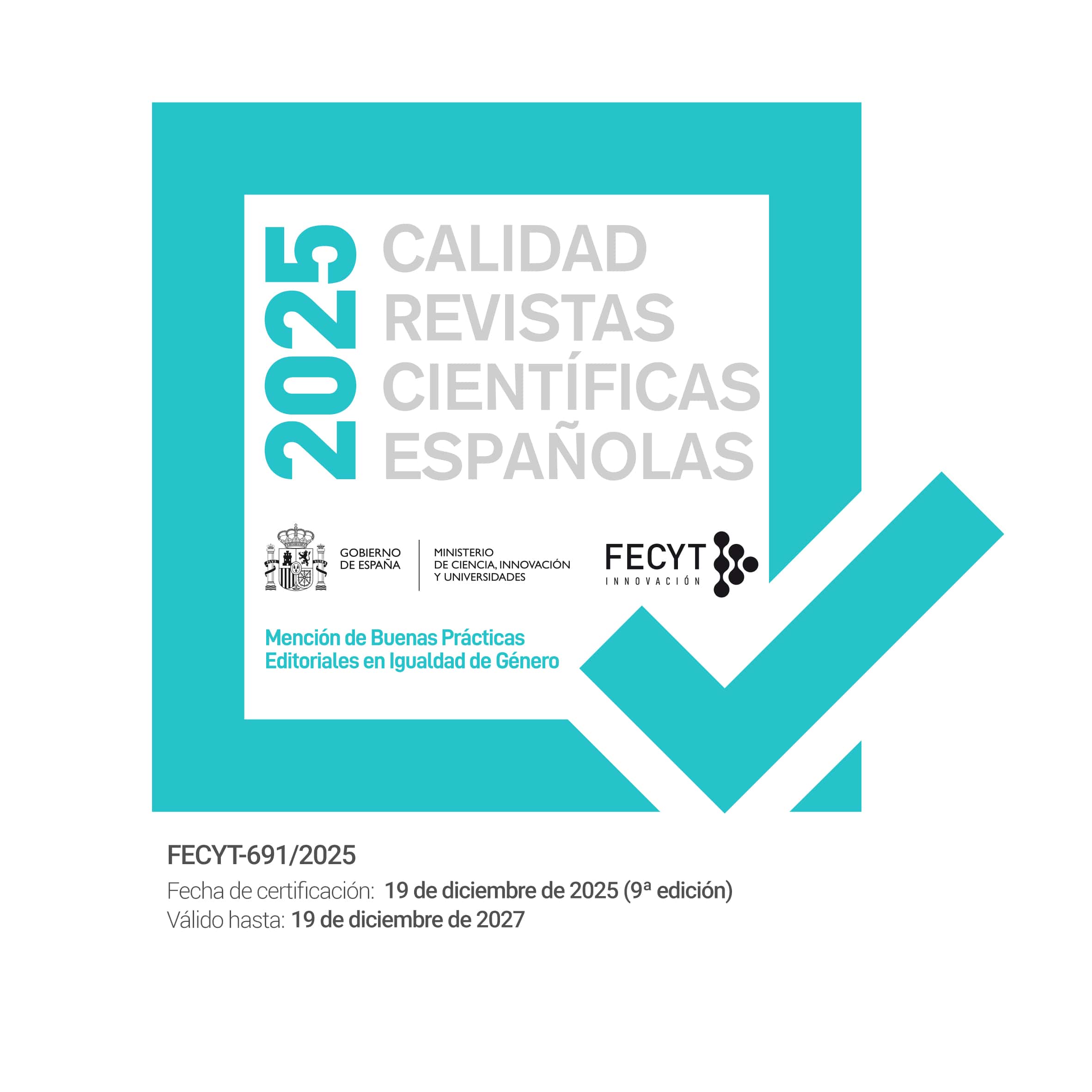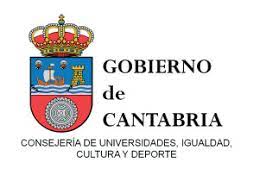Pereda’s literary sympathies and antipathies
DOI:
https://doi.org/10.55422/bbmp.41Keywords:
Pereda, Literary antipathies, Literary preferences, Classics, Literary criticismAbstract
In this article a study of Pereda’s literary preferences is carried out, as well as the writer’s literary antipathies. In addition to being a novelist, he also cultivated the genre of theatre and made various literary criticism. Among them, in the terrain of costumbrismo highlights four authors: Antonio de Trueba, Mesonero Romanos and Antonio Flores, among the nationals; and Balzac, among the foreigners. Pereda also felt devotion for the writers of past centuries; above all, the Spanish classics, led by Cervantes. On the contrary, he did not share this admiration for critics, scholars, essayists, philosophers and «press boys». In short, Pereda rejected any way of thinking that violated his own moral and religious beliefs, including positivists and materialists.
Downloads
Publication Facts
Reviewer profiles N/A
Author statements
Indexed in
- Academic society
- Sociedad Menéndez Pelayo
- Publisher
- Sociedad Menéndez Pelayo
Global Statistics ℹ️
|
158
Views
|
76
Downloads
|
|
234
Total
|
|
References
Aguinaga, Magdalena, El costumbrismo de Pereda: innovaciones y técnicas narrativas, ed. de la autora, 1994. Artigas, Miguel, “Un episodio desconocido de la juventud de Menéndez Pelayo”, Boletín de la Biblioteca Menéndez Pelayo, X (1928), pp. 289-337.
Baquero Escudero, Ana L., Cervantes y cuatro autores del siglo XIX (Alarcón, Pereda, Valera y “Clarín”, Universidad de Murcia, 1989. Eoff, Sherman H., “A Phase of Pereda’s Writing in Imitation of Balzac”, Modern Language Notes, LIX (1944), pp. 460-466. DOI: https://doi.org/10.2307/2911305
Feeny, Thomas, “Burlesque krausist types in Pereda and Clarín”, Hispanic Journal, IX (1988), pp. 45-52. Ferreras, Juan Ignacio, Catálogo de novelas y novelistas españoles del siglo XIX, Madrid: Cátedra, 1979.
García Castañeda, Salvador, Del periodismo al costumbrismo. La obra juvenil de Pereda (1854-1878), Publicaciones de la Universidad de Alicante, s.a. (2004). García Castañeda, Salvador, "El cervantismo” de Pereda y la crítica esotérica del Quijote", Boletín de la Biblioteca de Menéndez Pelayo, LXXXI (2005), pp. 119-173. [Se reproduce el texto perediano y tres cartas a D. Baldomero Villegas]. DOI: https://doi.org/10.55422/bbmp.20
González Herrán, José Manuel, La obra de Pereda ante la crítica literaria de su tiempo, Sanander: Pronillo, 1983.
Gutiérrez Sebastián, Raquel, El reducto costumbrista como eje vertebrador de la primera narrativa de Pereda (1876-1882), Santander: Ayuntamiento de Santander, 2002.
Madariaga de la Campa, Benito, Pereda. Biografía de un novelista, Santander: Ediciones de Librería Estvdio, 1991.
Madariaga de la Campa, Benito, José María de Pereda y su tiempo, Santander: Ayuntamiento de Polanco, 2003.
Miralles, Enrique, "El "solterón": de sus orígenes costumbristas a El buey suelto de Pereda", Altamira. Revista del Centro de Estudios Montañeses, LXIV (2004), pp. 91-109.
Montesinos, José F., Pereda o la novela idilio, Madrid: Castalia, 1969. Pereda, José María de, Obras Completas, ed. de Anthony H. Clarke y José Manuel González Herrán, 8 vols., Santander: Ediciones Tantín, 19892001.
Vol. I: ed. Salvador García Castañeda.
Vol. II: ed. Salvador García Castañeda.
Vol. III: ed. Maurice Hemingway.
Vol. IV: Don Gonzalo González de la Gonzalera (intr. Enrique Miralles); De tal palo tal astilla (intr. Eamonn Rogers).
Vol. V: El sabor de la tierruca (ed. Anthony H. Clarke); Pedro Sánchez (ed. José Manuel González Herrán; intr. Francisco Pérez Gutiérrez).
Vol. VI: Sotileza (ed. Anthony H. Clarke, intr. Francisco Caudet); La Montálvez (ed. José Manuel González Herrán; intr. Laureano Bonet).
Vol. VII: La puchera (ed. Anthony H. Clarke; intr. Demetrio Estebánez Calderón); Nubes de estío (ed. José Manuel González Herrán).
Vol. VIII: Al primer vuelo (ed. Anthony H. Clarke); Peñas arriba (ed. Anthony H. Clarke; intr. José Manuel López de Abiada).
Downloads
Published
How to Cite
Issue
Section
License

This work is licensed under a Creative Commons Attribution-NonCommercial 4.0 International License.








